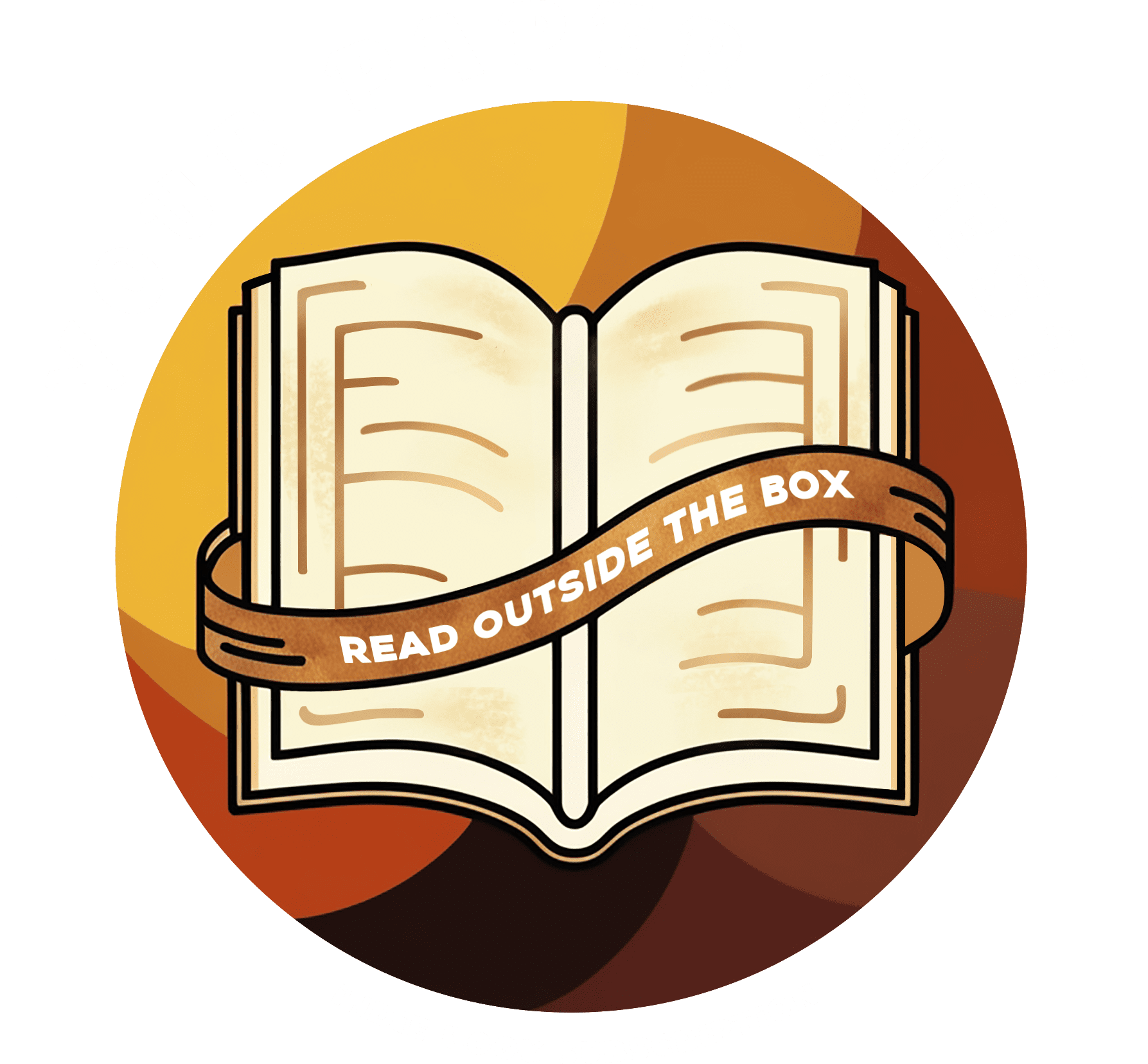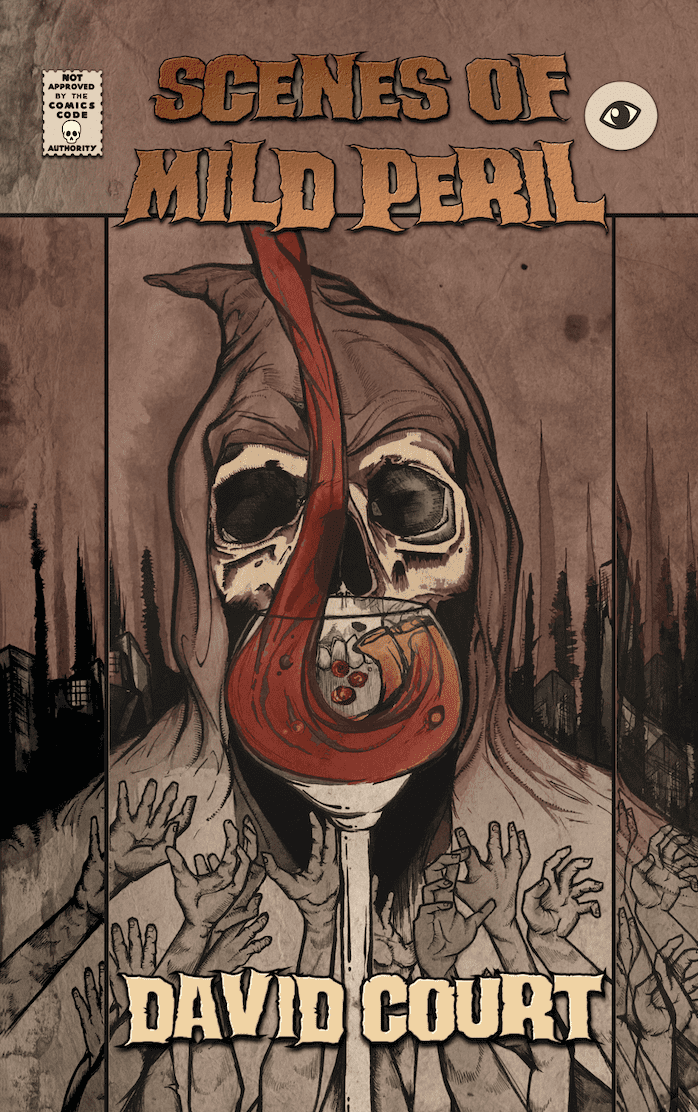David Court
SCENES OF MILD PERIL
I blame roleplaying games. A school society introduced me to Dungeons & Dragons back in the late eighties, and I always favoured the games mastering side of things – crafting worlds and birthing characters and villains. Perhaps it’s the tyrant in me, but I always preferred running games to playing them. I would write a lot of player handouts and journals of non-player-characters, and that gave me an avenue of creativity I hadn’t really explored since I had left school – and some of my earlier short stories are certainly inspired by roleplaying scenarios that I’ve written.
There was a monster in a Delta Green campaign I had written (The best way to describe Delta Green is HP Lovecraft meets the X Files) and I thought it would be worth developing as fiction. The antagonist in this case was a monster which existed in darkness, in the abandoned places of the world – if seen, it would cease to exist, but it thrived and grew in places humanity did not dare look. This story became “The Shadow Cast by the World” and I was so proud of it that I submitted it to a horror anthology – and it was duly accepted and saw print. This gave me the confidence to write more and more, and it’s quite a thrill seeing your little story appearing in books – addictively so, in fact. When I’d gathered enough stories and the rights had reverted to me, I’d stick them together in a book – and that’s where it all began.
I was a voracious reader as a boy (only child, so a lot of time on my hands), and our local library was like a treasure trove to me. I’d be getting my full complement of books (six, I seem to recall) with each visit, and short stories were one of my first loves (Ray Bradbury with The Martian Chronicles and Stephen King’s Skeleton Crew in particular). Comic writer Alan Moore – pre-Watchmen – was cutting his teeth on short fiction in his Future Shocks in the pages of British comic 2000AD, and I was just in love with them all. I’m a similar fan of portmanteau horror films (Creepshow, Tales from the Crypt, etc). There is just something so delightful about a story that is precisely as long as it needs to be, and there is a distinct art in making something work with so few words. It’s a fun challenge as a writer – and I have always written the kind of stuff I like to read myself, and thankfully there are others out there who feel the same.
The fact they are short is key here – I’m a plotter when it comes to my longer works (with spreadsheets and scattered A4 notes, pieces of string and everything), but a seat-of-the-pants writer when it comes to anything less than novella length. The brevity of a shorter tale means I am only ever working on one of them at a time when I’m building a collection, so it is relatively easy to stay focussed. There’s often very little planning with them – all I’m working to is a set of beats I’m trying to hit – and it’s always a method that’s worked for me. Sometimes I’ll know nothing but a conclusion I’m trying to work towards, and I’ll literally make it up as I go along – it all depends on the story, to be honest.
I’m particularly guilty of advising fellow authors that writing is like a muscle and the more you exercise that muscle, the better you’ll get – and that’s true, to a certain extent – but it’s then too easy to beat yourself up and feel guilty if you’re not writing something every day. And then the dreaded impostor syndrome kicks in, which can be mentally devastating. So, I’ll refine that advice – just try and work on something every day. Editing, researching and just plain reading are equally as useful as trying to get words onto a page when you’re just not in the mood or right frame of mind.
Something else? Make friends within that community. There is a surprising lack of competitiveness with writers – we all want and urge each other to do well. And if you can be nice and helpful – reading other writers’ works and giving friendly critique for instance – they’ll do the same for you. We’re all tale-tellers in this game together, and a relatively sane bunch.
On a less than serious note, once you get something published, don’t think you’ve made it and spend a year writing a full-length novel having convinced yourself that you’re a skilled writer now. It’ll invariably be rubbish. Or that might just be me.


